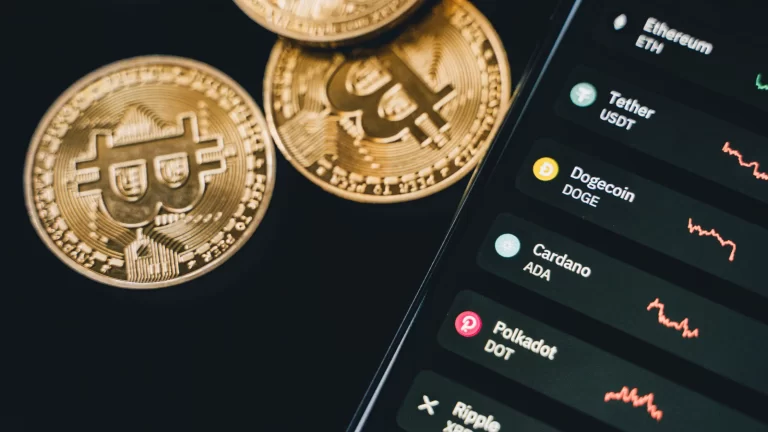Price Implications of a Spot Bitcoin ETF Approval in the USA

The question of what could happen to the price of Bitcoin if a Spot Bitcoin Exchange Traded Fund (ETF) is approved in the United States is intriguing. This follows a flurry of recent filings from heavyweight financial institutions, such as BlackRock, seeking approval for Bitcoin ETFs. To unravel the possible scenarios, we need to first understand the mechanics of an ETF and its historical impact on asset prices.
Understanding ETFs
An ETF is a type of investment fund and exchange-traded product that is traded on stock exchanges. ETFs are similar to mutual funds, but they trade like a common stock on a stock exchange. They offer public investors an avenue to gain exposure to an asset or a portfolio of assets, from stocks to commodities and now cryptocurrencies like Bitcoin (a digital asset that is traded on centralised and decentralised exchanges) without having to own the underlying asset.
ETFs have a critical role in providing markets with liquidity. By offering exposure to a diverse range of assets, they make it easier for investors to buy and sell those assets, hence boosting their liquidity. Increased liquidity often results in more efficient price discovery, minimizing the spread between buy and sell prices.
Historical Impact of ETFs on Asset Prices
Historically, the approval of an ETF has tended to positively affect the price of the underlying asset. For instance, when the first Gold ETF was approved in the USA in 2004, it opened the floodgates for retail and institutional investors, leading to an increased demand for gold. This surge in demand significantly drove up the price of gold.
In the context of Bitcoin, the introduction of a Bitcoin ETF could similarly open up the asset to a broader range of investors. Particularly, traditional investors who have been hesitant to engage with the cryptocurrency due to its volatility and the complexities of digital asset custody could find the ETF a more attractive avenue.

Potential Upside for Bitcoin Price
The approval of a Bitcoin Spot ETF could significantly bolster Bitcoin’s price. Firstly, the endorsement would offer a degree of legitimacy and regulatory certainty to Bitcoin, which could entice more risk-averse investors into the market, driving demand and, by extension, price.
Secondly, the liquidity provided by the ETF would ease the process of buying and selling Bitcoin, potentially attracting more participants to the market. More participation generally means more capital inflow, which could also drive up Bitcoin’s price.
Moreover, the increased accessibility and exposure could lead to higher Bitcoin adoption rates, contributing to its mainstream acceptance as an asset class and potentially boosting its price further.
Potential Downside for Bitcoin Price
However, while the approval of a Bitcoin Spot ETF could bring substantial benefits, there are also potential downsides to consider. The introduction of an ETF could lead to increased price volatility, especially in the short term, as market participants respond to the new trading instrument.
Additionally, while an ETF would make Bitcoin more accessible to institutional investors, it could also make the market more susceptible to manipulation and speculative trading, which could lead to drastic price swings. Over the long term, if Bitcoin becomes largely viewed as a speculative asset rather than a store of value, this could potentially harm its price.
Global Context of Bitcoin ETFs
Globally, the impact of Bitcoin ETFs has been relatively positive. In Canada, for instance, where multiple Bitcoin ETFs have been approved since early 2021, Bitcoin’s price has seen a generally upward trend, albeit with typical cryptocurrency volatility. This suggests that, at least in some contexts, Bitcoin ETFs can contribute to price appreciation.
Conclusion
The approval of a Bitcoin Spot ETF in the USA, as proposed by firms like BlackRock, has the potential to significantly impact Bitcoin’s price. Based on historical evidence and the mechanics of ETFs, the approval could trigger a rise in Bitcoin’s price by driving demand, enhancing liquidity, and fostering greater legitimacy.
However, it’s crucial to recognize that this new development could also introduce new risks and volatilities into the Bitcoin market. As with all financial decisions, potential investors should carefully weigh these risks before making any decisions.





